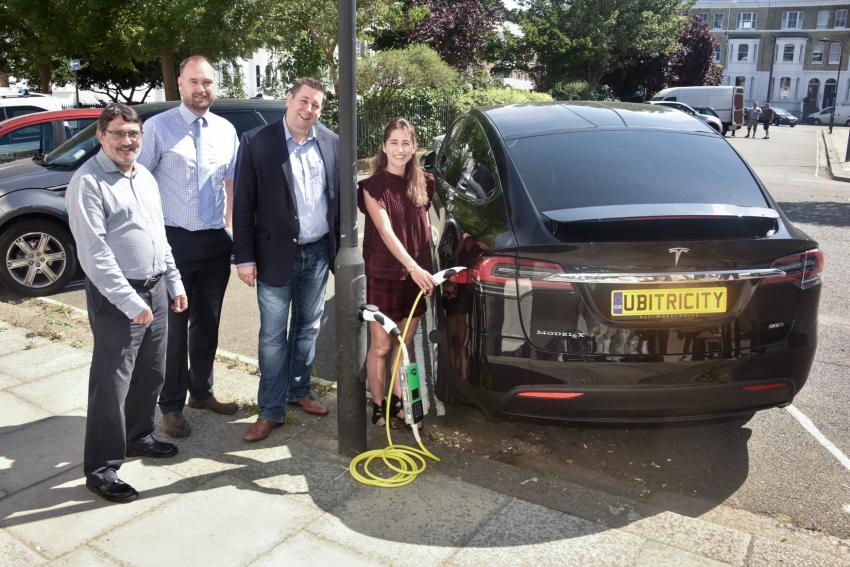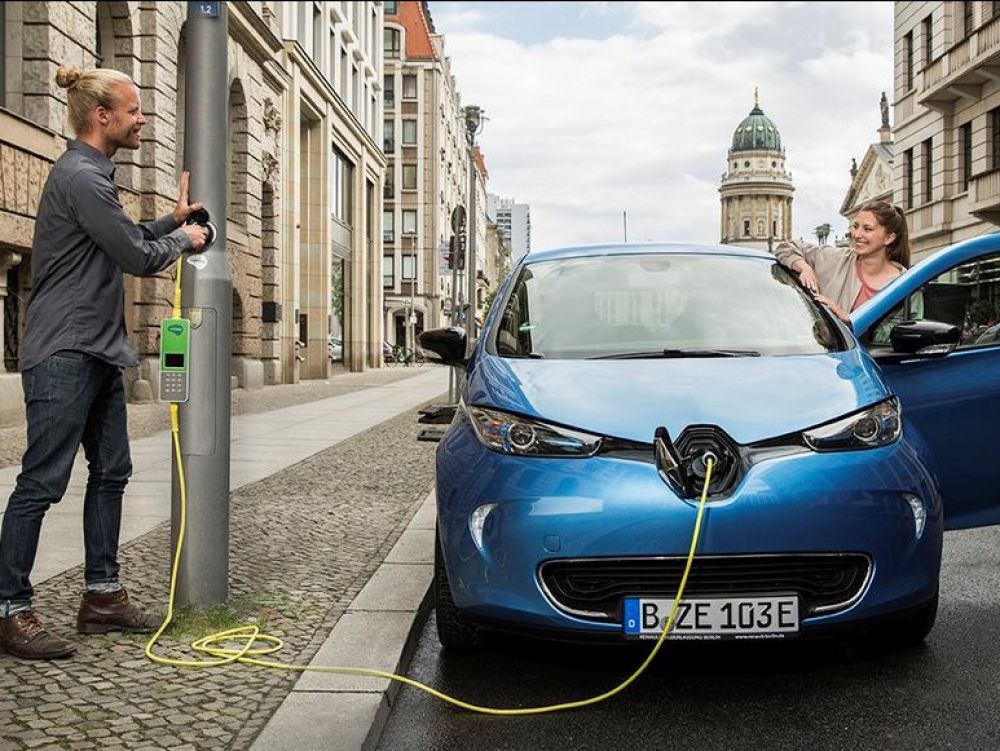Car makers call for removal of VAT from electric Vehicle cars
Electric cars and plug-in hybrids should be exempt from VAT to help stimulate their growth, according to the body which represents car makers in the UK.
The Society of Motor Manufacturers and Traders (SMMT) has urged the Chancellor, Rishi Sunak, to remove the tax from zero-emissions capable vehicles in his Budget next week to make them more affordable.
It argues that by cutting VAT from pure electric vehicles (EVs), plug-in hybrids (PHEVs) and hydrogen fuel cell cars (FCEVs), the average price would immediately drop by around £5,600.
New car registrations fell by 2.9 per cent in February and while EV and PHEV registrations were both up the SMMT argues that they still represent a tiny portion of the market and more needs to be done to accelerate their uptake.
The SMMT’s chief executive Mike Hawes said that the Government needs to use incentives rather than punishments to encourage more drivers to switch to EVs and PHEVs.
The SMMT says that the upfront cost of EVs could be cut by as much as £10,000 if the Government takes “bold steps” to increase their attractiveness. It wants the plug-in car grant to be kept at its current £3,500 and to once again apply to plug-in hybrids as well as pure-electric cars. It is also calling for EVs and PHEVs to be exempt from VED (car tax) and insurance premium tax.
He said: “To drive the transition to zero emission motoring, we need carrots, not sticks – as the evidence shows, talk of bans and penalties only means people hang on to their older, more polluting vehicles for longer.
“It’s time for a change of approach, which means encouraging the consumer to invest in the cleanest new car that best suits their needs. If that is to be electric, government must take bold action to make these vehicles more affordable and as convenient to recharge as their petrol and diesel equivalents are to refuel.”
EV registrations were up 243 per cent, to 2,508, while PHEVs were up 50 per cent to 2,058. However, combined they still only account for 5.8 per cent of the market.
1. Economics: The price of lithium-ion batteries — which power the bulk of electric vehicles — dropped by 87 percent between 2010 and 2019 and is expected to continue to drop below $100 per kilowatt-hour by 2024, predicts the researchers at Bloomberg New Energy Finance (BNEF). These price drops are due to ever-larger factories that benefit from economies of scale, manufacturing efficiencies and innovations, fierce competition in the battery industry and new battery chemistry technologies.
Once lithium-ion batteries reach below $100/kWh, all types of electric vehicles will be cheaper than they are now. More important, that will ensure that EVs more effectively will compete with fossil-fuel-powered vehicles. The same type of manufacturing innovation and factory scaling that turned solar panels into one of the cheapest forms of electricity is doing the same thing to batteries for electric vehicles.
Partly because of this economic and tech trend, automakers already have committed $140 billion to electrification initiatives through capital spending on factories. These initiatives have been led by global automakers such as VW Group, Hyundai Kia, Changan, Daimler and Ford. Auto manufacturers are not going to abandon these investments because of the coronavirus.
2. Policies: While EV sales in the U.S. and China are expected to drop this year, sales in Europe could still grow. Why? Many countries in Europe already have enacted strong mandates and incentives, while some European cities have banned fossil fuel-powered vehicles from city centers.
BNEF predicts that Europe’s EV sales could be up by 50 percent this year despite the COVID-19 fallout. Other markets need equally strong policies to maintain EV sale trajectories.
That’s where the potentials of a green stimulus come in. A recent Politico Pro article reported on an Ipsos-Mori poll for 14 G20 countries that found that the majority of respondents agreed that an economic recovery should prioritize climate change. Expect some significant recovery funds in European countries and progressive states such as California for clean economy industries that can create jobs such as solar panel installations, building weatherization and electric vehicle factories and infrastructure.
3. Electric fleets: While consumers might be less eager to buy cars in a recession, many fleets are already moving toward low-carbon and electric formats to meet mandates or corporate sustainability goals. Public and private fleet managers need to replace older vehicles and continue to buy the most efficient and cost-effective vehicles.
Part of the push behind green fleets, again, is strong policies. For example, in California, the Advanced Clean Truck (ACT) rule appears to be continuing to move forward in the face of the pandemic, although a recent hearing was pushed to June. The ACT rule is a world-leading manufacturing (and eventually fleet-purchasing) mandate in California that significantly will boost the amount of zero-emissions trucks on California’s roads. California is also already requiring all of its transit buses to be ZEVs within a little over two decades.
Post time: May-28-2020

